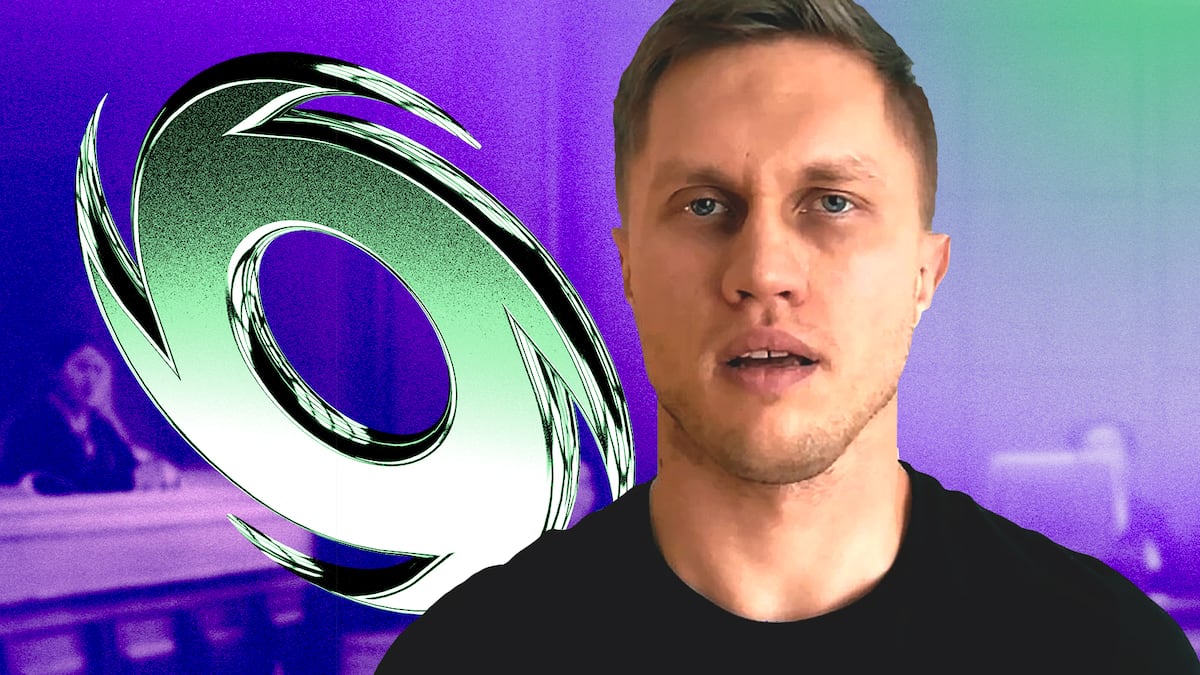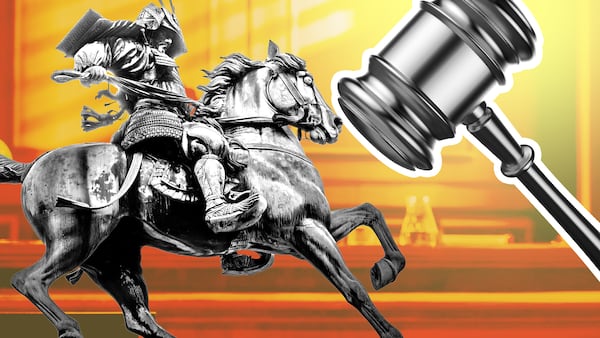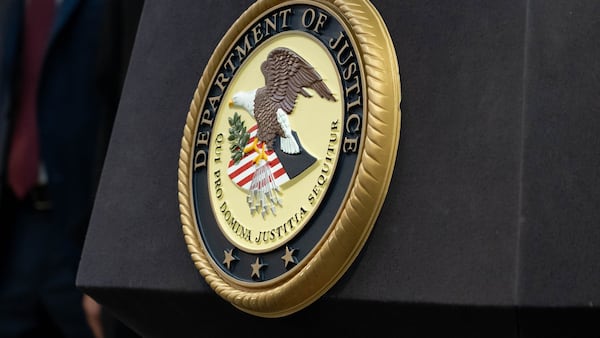- Roman Storm has filed a motion requesting acquittal.
- The Tornado Cash developer was convicted in August of conspiracy to operate an unlicensed money-transmitting business.
- Jurors were deadlocked on two other charges, but prosecutors could choose to retry both.
Tornado Cash co-founder Roman Storm has asked a federal judge to toss charges that have hung over the software engineer ever since his closely-watched criminal trial ended in August.
Storm’s motion to acquit comes exactly eight weeks after jurors found him guilty of conspiracy to operate an unlicensed money transmitting business, which comes with a maximum prison sentence of five years.
But jurors were deadlocked on the most severe charges, conspiracy to launder money and to evade sanctions. Those charges carry a combined maximum sentence of 40 years in prison, and prosecutors have yet to decide whether to re-try Storm on both counts.
Storm’s attorneys have asked a judge to acquit the software engineer on all three counts, arguing that the evidence presented during his three-week trial did not prove he had acted with criminal intent and that the case should never have been tried in New York.
If successful, it wouldn’t be the first time that Storm’s lead attorney has convinced a judge to vacate a jury’s ruling in a criminal trial.
In May, Waymaker partner Brian Klein convinced a federal judge in New York to vacate a guilty verdict against Mango Markets exploiter Avraham Eisenberg.
Tornado Cash is a so-called crypto mixer that makes it difficult, if not impossible, to trace the movement of digital assets across Ethereum and several other blockchains.
Storm and many other crypto entrepreneurs have argued the protocol provided much-needed privacy on an otherwise public ledger. Nevertheless, Tornado Cash became popular with cybercriminals, including hackers affiliated with North Korea.
Most notably, the Lazarus Group used Tornado Cash to launder some $500 million in crypto stolen from users of the blockchain-based video game Axie Infinity in March 2022.
That led to increasing regulatory and law enforcement scrutiny that culminated with the US government sanctioning Tornado Cash in August 2022, as well as the criminal trials of Storm and co-founder Alexey Pertsev. Pertsev was convicted of money laundering by a Dutch court in 2024. He is appealing his conviction.
Storm’s trial was closely watched by the crypto industry, which took particular umbrage with the money transmission charge.
That charge does not accurately reflect the way Tornado Cash and many other crypto protocols operate, and the verdict could chill the development of such software, according to Storm’s supporters.
Immediately after the conclusion of the trial, defence attorney Brian Klein said Storm would challenge his conviction.
“We are grateful the jury did not convict Roman for violating sanctions or laundering money,” Klein said in a statement at the time.
“There are serious legal issues with the sole remaining money transmitting count. We will not stop fighting for Roman, and expect him to be fully vindicated.”
‘Negligence theory’
In court papers filed Tuesday, Storm’s attorneys revived arguments they made at various points since his arrest in August 2023.
During the trial, the government argued that Storm broke the law by updating certain peripheral aspects of Tornado Cash, thereby helping criminals who used the protocol to launder stolen crypto.
“But there was no evidence that those steps were undertaken for the criminal purpose of assisting bad actors — rather than for lawful purposes such as making the protocol more accessible generally,” his attorneys wrote.
“Lacking such evidence, the government’s only nexus between Mr. Storm and bad actors was a claim that he knew they were using Tornado Cash and failed to take sufficient measures to stop them.”
Such a “negligence theory” isn’t enough for a criminal conviction, they argued.
Storm’s attorneys also addressed each charge individually. The software engineer couldn’t have been running a money transmission business, they wrote, because Tornado Cash never took control of user funds — an argument that failed to persuade Storm’s jurors.
In asking the court to toss the sanctions evasion charge, Storm’s attorneys revived the claim that building and releasing Tornado Cash was protected on free speech grounds. On the eve of the trial, Judge Katherine Polk Failla barred either side from raising the First Amendment in front of jurors, according to a report from The Rage.
“Even if it could be deemed a ‘service,’ criminal liability for providing software — or any pre-existing form of media — to the public is precluded by the Berman Act and the First Amendment,” Storm’s attorneys wrote.
The 103-page filing also argued that the case should never have gone forward in New York.
Storm, 36, is a resident of Washington State. But he was tried in New York because some of the alleged crimes were committed in New York, according to prosecutors.
For example, Storm had exchanged emails with a New York-based employee at BitMart who had asked for help after crypto was stolen from the exchange and laundered through Tornado Cash, prosecutors said.
They also claimed some of Tornado Cash’s expenses were paid to a Manhattan-based bank account; that one hacker used the protocol to launder stolen crypto while he was living in New York; and that Storm exchanged a series of messages with partners at venture capital firm Dragonfly Capital, one of whom lives in New York.
But prosecutors failed to prove some of those claims, according to Storm’s attorneys. And, in any case, none could be considered “essential” to the alleged crimes — a necessary component in determining where a trial should take place.
Aleks Gilbert is DL News’ New York-based DeFi correspondent. You can reach him at aleks@dlnews.com.








